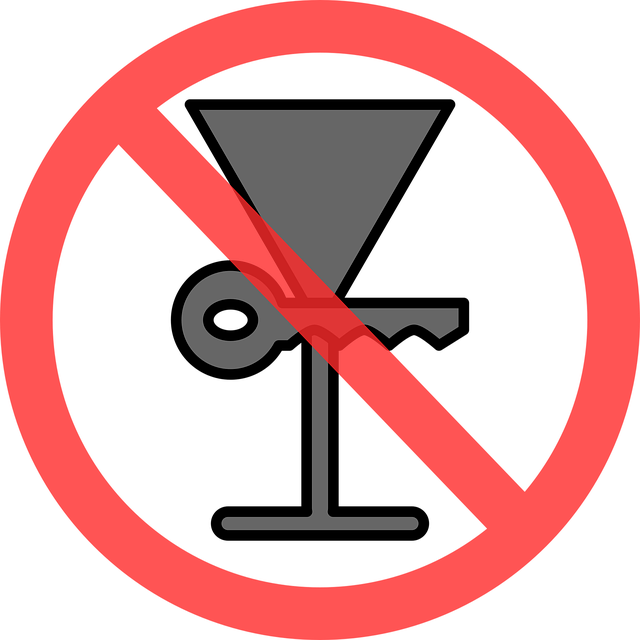Millennial DUI Awareness campaigns address the rising issue of drug-impaired driving among young adults (born 1981-1996) by countering glorified substance use on social media, peer influence, and risky behavior behind the wheel. These campaigns leverage digital platforms, influencer marketing, and compelling personal stories to emphasize severe legal consequences and promote a culture of responsibility. By focusing on data-driven trends, peer pressure, and personal accountability, targeted initiatives can effectively discourage impaired driving among millennials.
Drug-Impaired Driving (DID) poses a significant concern, especially among millennials. This generation faces unique challenges due to DID’s rising prevalence and its devastating impact on road safety. With zero tolerance policies in place, it’s crucial to understand the factors driving millennial DID and design targeted awareness campaigns. This article explores these aspects, focusing on educating young adults about the dangers of combining substances and driving, with a specific emphasis on effective Millennial DUI Awareness Campaigns.
- Understanding Drug-Impaired Driving and Its Impact on Millennials
- Designing Effective DUI Awareness Campaigns for Zero Tolerance among Millennials
Understanding Drug-Impaired Driving and Its Impact on Millennials

Drug-impaired driving is a growing concern, particularly among millennials, who are more likely to engage in such risky behavior compared to previous generations. Millennials, born between 1981 and 1996, face unique challenges that contribute to higher rates of substance use and, subsequently, impaired driving. Awareness campaigns targeting this demographic must address the pervasive nature of drug and alcohol use in their social circles, often glorified by social media and peer influence.
Millennials may also lack the life experience to recognize the dangers of combining substances with driving. Educational initiatives focused on Millennial DUI awareness should emphasize the devastating impact of impaired driving, using real-life stories and data to drive home the message. By reaching out to this age group through targeted campaigns, we can foster a culture of responsibility and promote safer choices on the road.
Designing Effective DUI Awareness Campaigns for Zero Tolerance among Millennials

Millennial DUI Awareness campaigns require a strategic approach to effectively communicate the dangers of drug-impaired driving among this demographic. Given the cultural nuances and digital engagement preferences of millennials, leveraging social media platforms, influencer partnerships, and interactive online content can significantly amplify message reach and impact. Campaigns should tell compelling personal stories that resonate with their values, emphasizing not just the legal consequences but also the long-term effects on relationships, careers, and future opportunities.
To capture their attention, these campaigns need to be visually engaging, emotionally provocative, and easy to share. Incorporating data-driven insights about millennial drinking patterns and substance use trends can help tailor messages that are both relevant and impactful. Additionally, focusing on peer influence and the power of personal responsibility can encourage positive behavior change within this age group, fostering a zero-tolerance attitude towards drug-impaired driving.
Millennials, as a generation, face unique challenges when it comes to understanding and adhering to zero-tolerance policies on drug-impaired driving. Effective Millennial DUI Awareness Campaigns must evolve with cultural trends and leverage innovative strategies to capture attention. By combining education, peer influence, and accessible resources, these campaigns can significantly reduce Millennial DUI incidents, ultimately saving lives and fostering safer communities.






